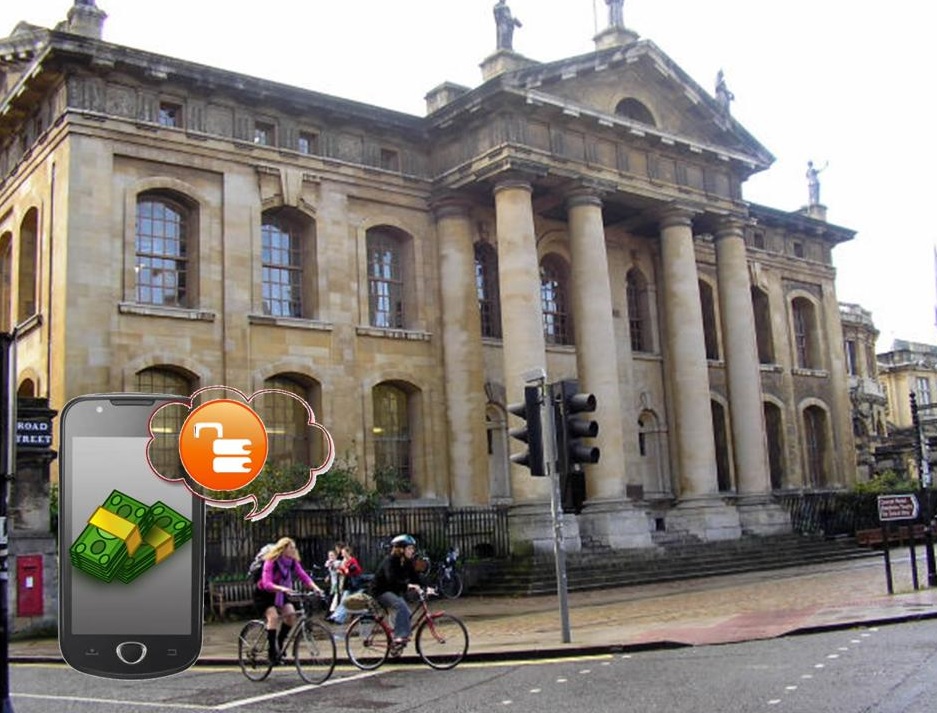It has been reported that the online marketplace has spent tens of millions on the LBE Security Master app.
The massive Chinese online shopping marketplace, Alibaba, has reportedly send tens of millions of dollars in funds into the LBE Security Master smartphone and tablet antivirus tool in order to be able to make a stronger presence within that industry.
The LBE Security Master is a HIPS Android app that found its beginning as an online discussion.
HIPS stands for host intrusion prevention system. It is an installed type of package of software that monitors a single host through the use of any of a number of different kinds of methods of detection. It can then identify suspicious activity through the analysis of the events that are occurring in that host. This mobile security app got started as a Meizu forum group discussion.
This mobile security app can be used by smartphones to locate problems in real time.
 LBE Security Master has managed to create an adaptation of a mobile antivirus engine (the AVL) SDK for smartphones so that a monitor is in place for real time spotting of newly discovered spyware, adware, and malware.
LBE Security Master has managed to create an adaptation of a mobile antivirus engine (the AVL) SDK for smartphones so that a monitor is in place for real time spotting of newly discovered spyware, adware, and malware.
The company has a number of different products within its portfolio, including the LBE Security Master, but also privacy space, one click root, and management of authentication. The latest version of the product also includes a privacy management function feature for near field communication (NFC).
Alibaba and this company reportedly have the intention of rolling out the distribution platform, the Taobao Mobile Helper app, so that they will be able to create a mobile payments product which will be developed as the Alipay Wallet. All of the top local internet companies have come up with their own mobile security services that will provide for that sector. For instance, the Baidu Phone Protector was just launched by Baidu for what appears to be a relatively similar purpose. Alibaba looks to be working to keep on top of this trend so that it will be a part of leading the way instead of falling behind and losing its position in very important areas.
This new tech could provide regular consumers with the same level of security as used by the military.
Professor Bill Roscoe and his team at the University of Oxford have been pursuing what has been called “spontaneous security” for about a decade and have now been able to create it in the form of a very powerful, defense-grade security in mobile payments technology.
This would make it possible for people to use their smartphones as wallets without being worried about theft.
The team has come up with a mobile payments technology that would make it possible to easily and inexpensively create secure ad hoc communication networks so that two or more devices could safely communicate in a way that they have never been able to at any other time. Professor Roscoe explained that “What we have been working on all this time is contextual authentication: ways of identifying someone by the context they are in when you don’t have their mobile number, name or anything like that.”
The security protocols followed by the algorithms in this mobile payments technology are very high.
 These security levels are great enough to be appropriate for the US Navy, that contributed $1 million to the project, in addition to the £100,000 from the U.K.’s Ministry of Defence. The tech was taken to Kenya by the British Army, which used the security software in protocols on maneuvers. That software was spun off by the commercialization company at Oxford, Isis Innovation, which then formed OxCept. This allowed it to be converted for use in transactions.
These security levels are great enough to be appropriate for the US Navy, that contributed $1 million to the project, in addition to the £100,000 from the U.K.’s Ministry of Defence. The tech was taken to Kenya by the British Army, which used the security software in protocols on maneuvers. That software was spun off by the commercialization company at Oxford, Isis Innovation, which then formed OxCept. This allowed it to be converted for use in transactions.
There has already been considerable interest in OxCept within the industry, as even PayPal has been looking into the research being conducted and the outcomes produced by Roscoe’s team. This has also led to another first, which will occur as the Oxford spin-out, when it has a base in both London and Silicon Valley. The purpose will be to try to grab hold of a good sized share of the market for mobile payments, which is predicted to become massive in the next few years.
In fact, KPMG has predicted that the mobile payments technology marketplace will be worth over $1 trillion by the close of 2015.
 LBE Security Master has managed to create an adaptation of a mobile antivirus engine (the AVL) SDK for smartphones so that a monitor is in place for real time spotting of newly discovered spyware, adware, and malware.
LBE Security Master has managed to create an adaptation of a mobile antivirus engine (the AVL) SDK for smartphones so that a monitor is in place for real time spotting of newly discovered spyware, adware, and malware.
 These security levels are great enough to be appropriate for the US Navy, that contributed $1 million to the project, in addition to the £100,000 from the U.K.’s Ministry of Defence. The tech was taken to Kenya by the British Army, which used the
These security levels are great enough to be appropriate for the US Navy, that contributed $1 million to the project, in addition to the £100,000 from the U.K.’s Ministry of Defence. The tech was taken to Kenya by the British Army, which used the 